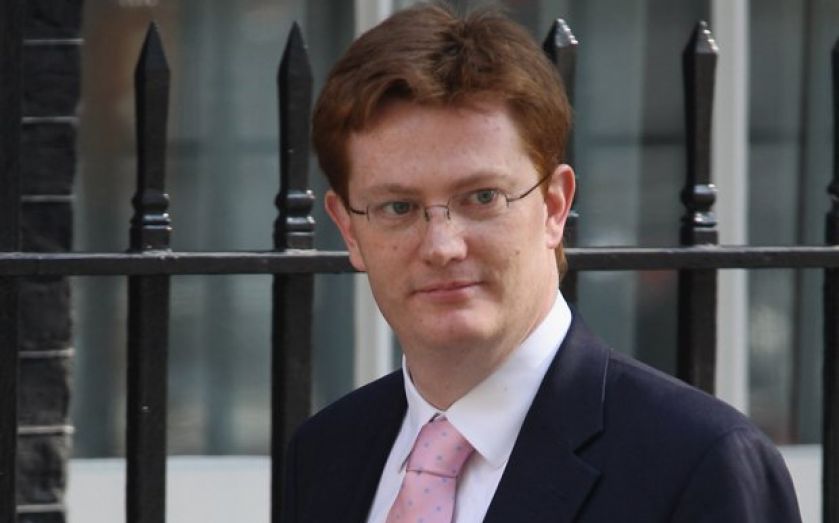MPs protest as their pay rises by 11 per cent

CABINET MINISTERS and MPs have rejected plans to increase the amount they are paid by 11 per cent.
The Independent Parliamentary Standards Authority (Ipsa) is set to bring forward proposals to increase salaries from £66,396 to £74,000, in a move that it says will shed light on what members of parliament are paid. A spokesman said the plans were fiscally neutral and would add nothing extra to the taxpayer’s bill. “MPs have given away the right to set their own pay, they gave that responsibility to Ipsa so they don’t get to vote on it,” he said.
“MPs have always voted on their own pay and made decisions based on what might be in the newspapers, so salaries were kept down but other things like the very generous pensions and resettlement payments increased. It’s not right that it’s done in that calculated way. There should be some transparency and it should be made clear exactly what MPs are getting.”
Chief secretary to the Treasury Danny Alexander told the BBC’s Andrew Marr that the public would find the pay rise “utterly incomprehensible” at a time when public sector pay is being squeezed. Defence secretary Philip Hammond said he would not accept the increase while the troops he presides over face a one per cent rise in their pay. Labour leader Ed Miliband and Liberal Democrat Nick Clegg both said they would not accept any extra money, but there have been pockets of support for the plans.
A spokesman for the prime minister said David Cameron would continue to make the point that “the cost of politics should be going down and not up,” adding that the government would urge restraint from Ipsa over pay. But politicians have no power to stop the increase, and research by Ipsa found that two-thirds of MPs believe they are underpaid – raising questions about the political motivation for rejecting a pay rise in the run up to the 2015 election. The changes could see resettlement payments and final salary pensions removed and expenses cut.